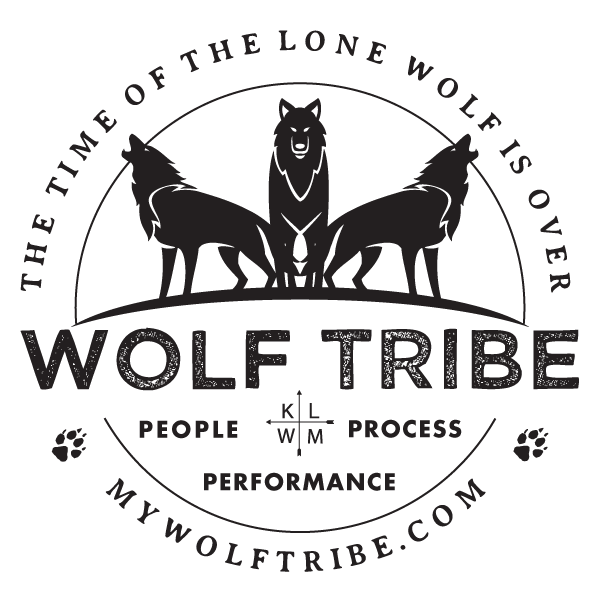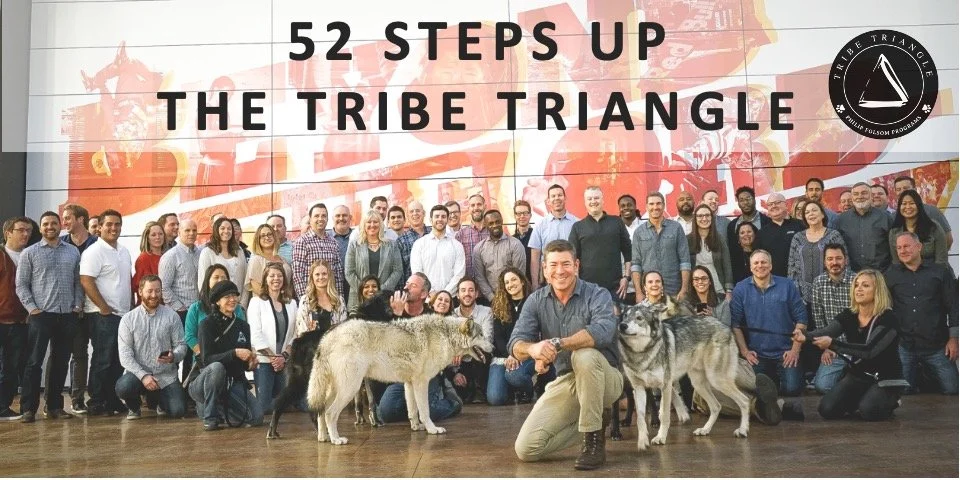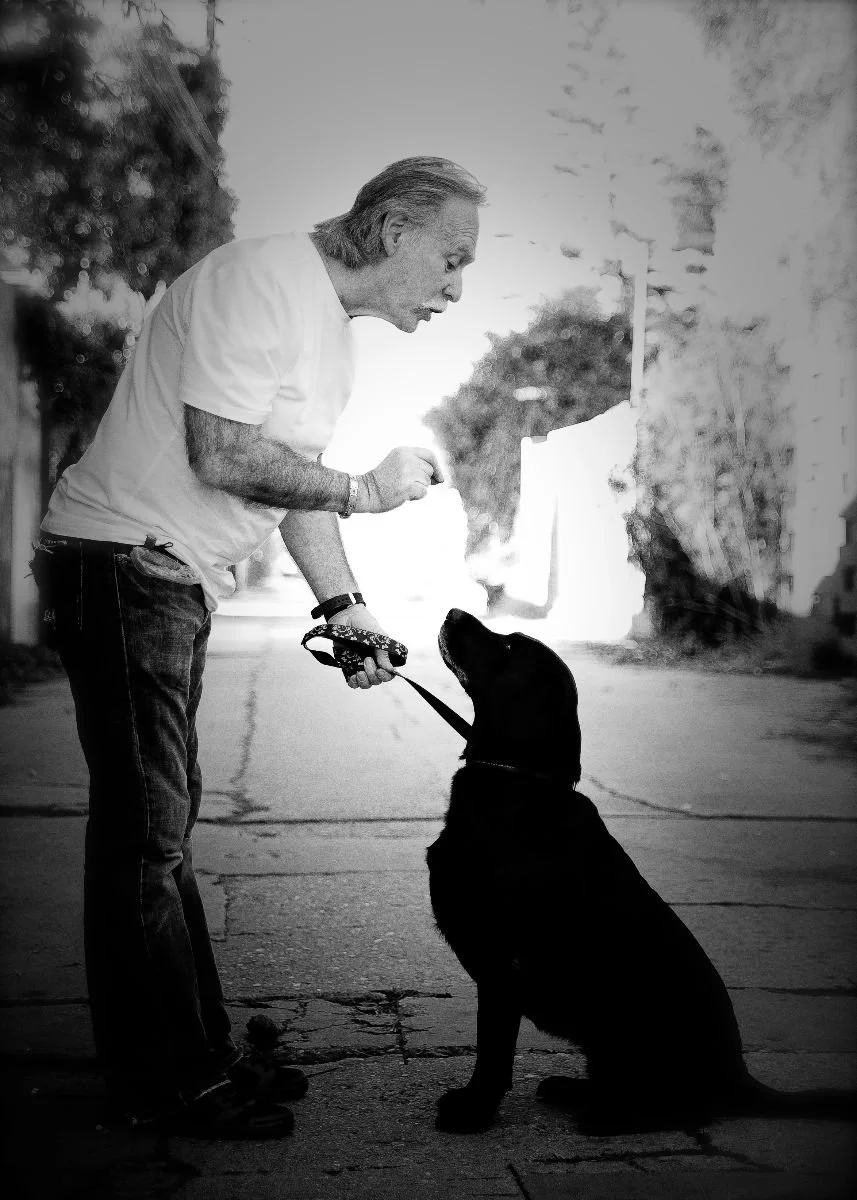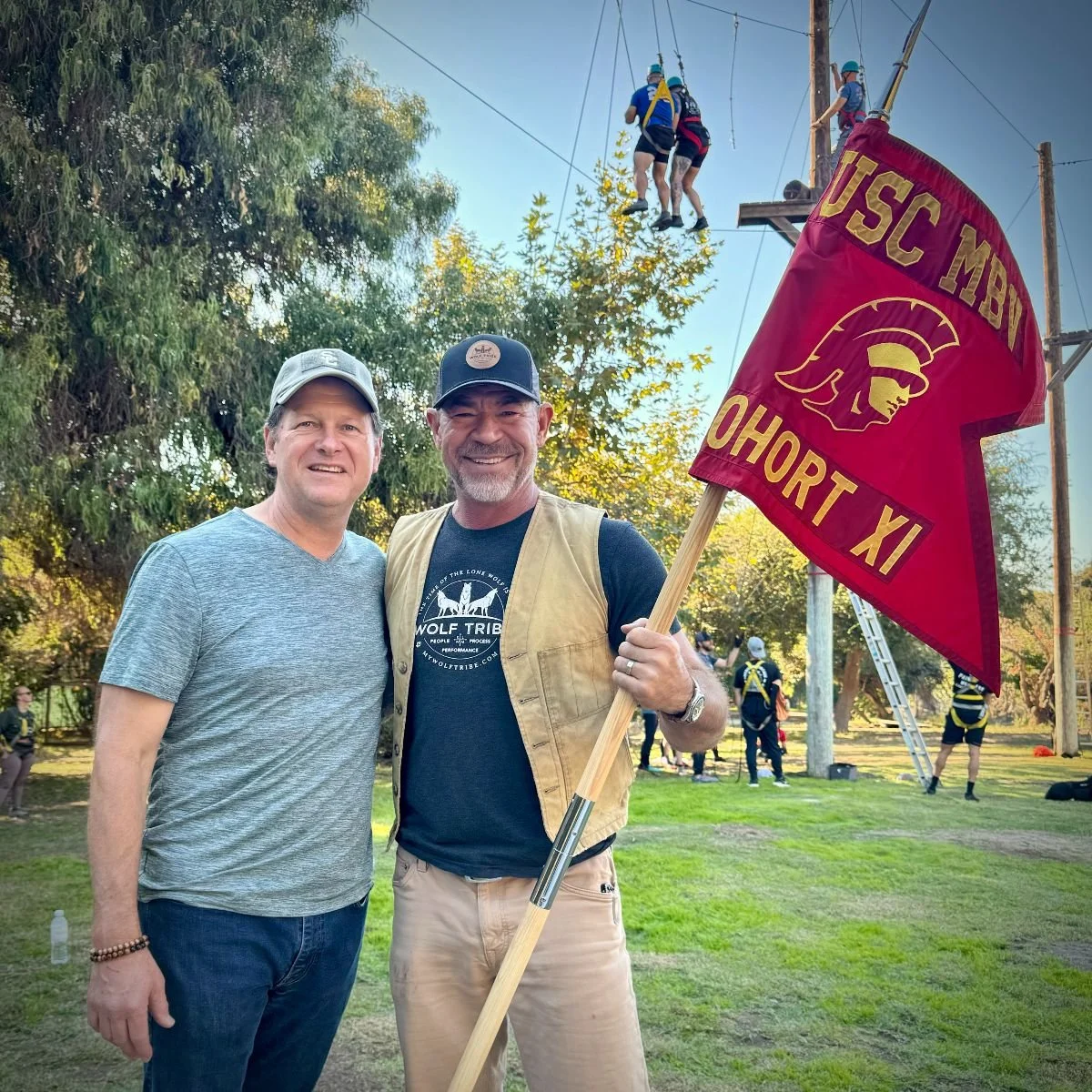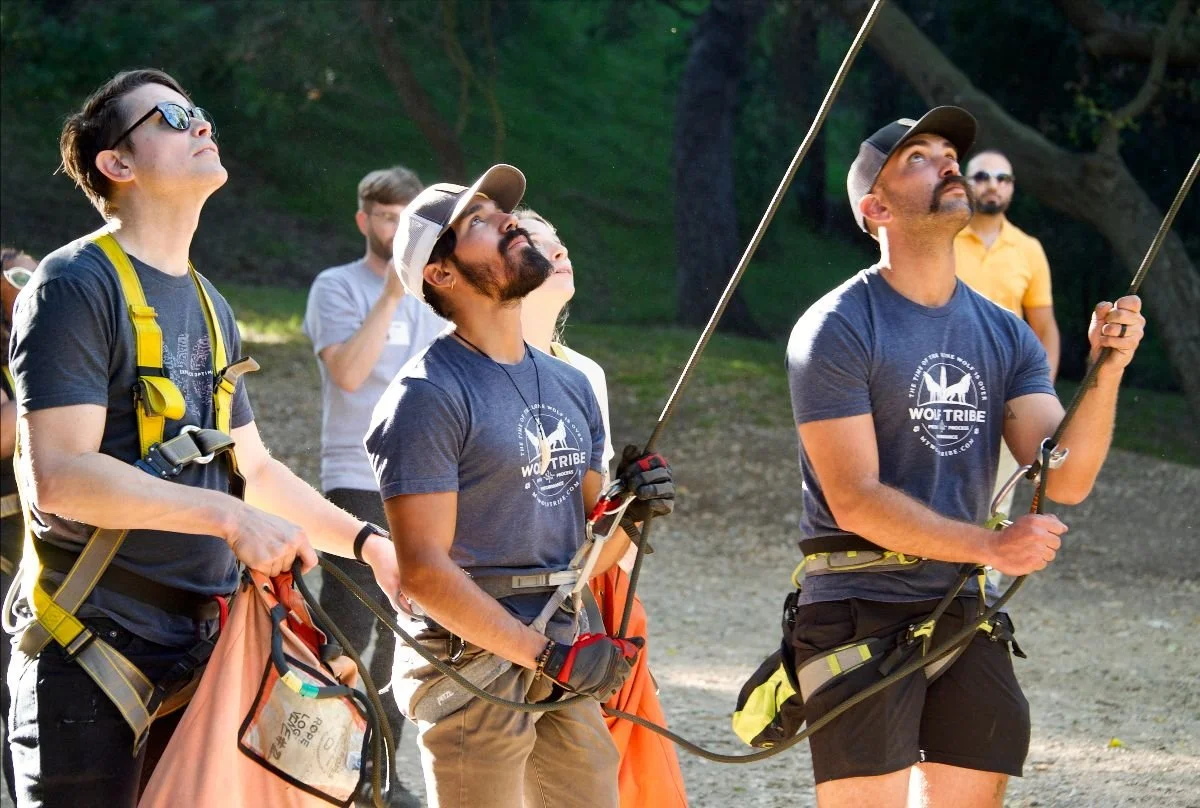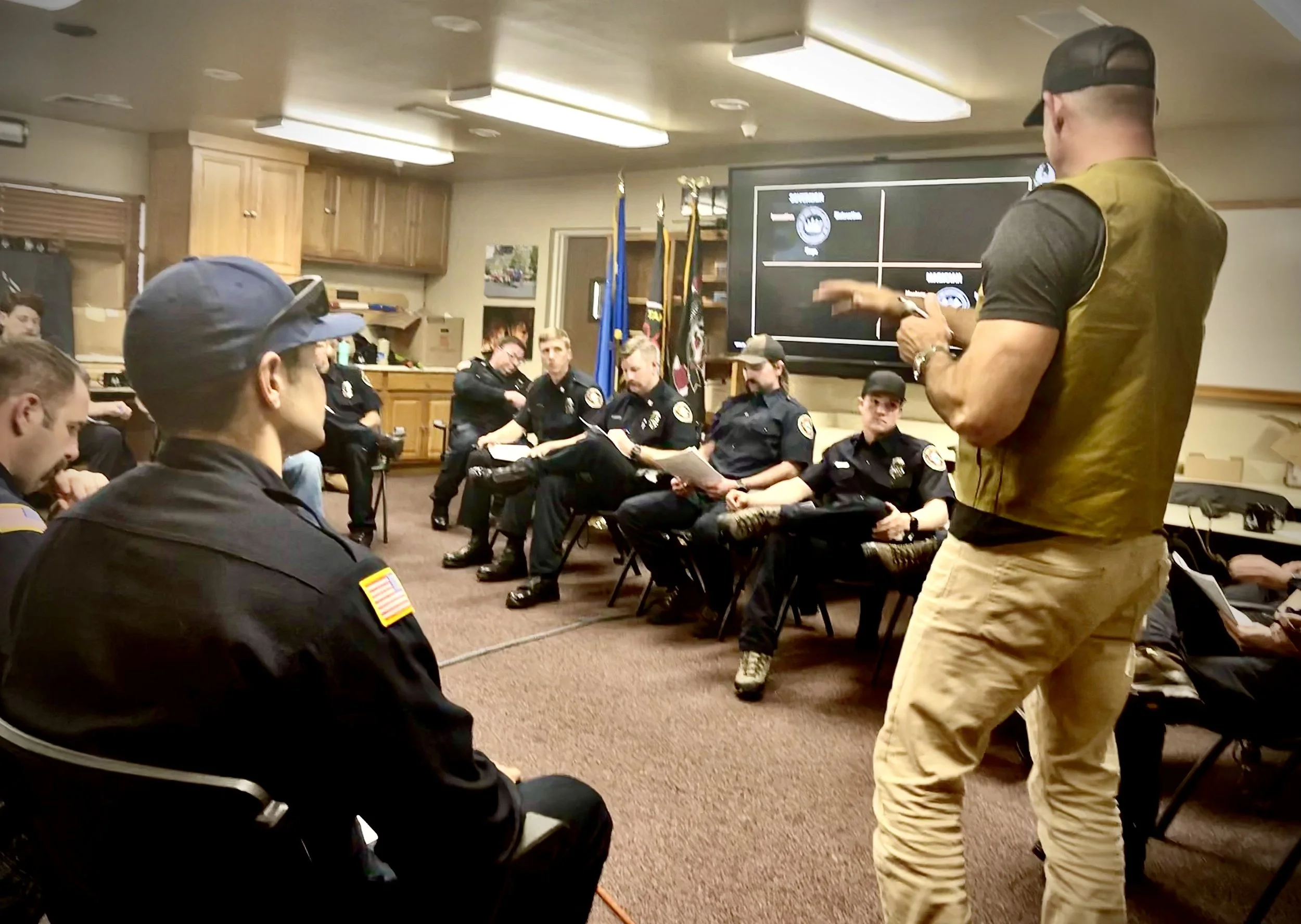Step 50 Up The Tribe Triangle: Becoming A Professional
“A professional is someone who can do his best work
when he doesn’t feel like it.”
-Alistair Cooke
Being a professional does not mean just getting paid or having achieved a certain level of skill although it does eventually include both of those valuable things. Being a professional is, at its core, a mindset and an identity that is central to sustainable success. Being a professional is a way of doing things long before it is a result.
Being a professional at something means it is your priority. It is a central aspect to what you do every day. A professional is not defined by what they do occasionally, that is a hobbyist. A professional is defined by what we do consistently. Developing consistency is the way we intentionally do things that are directed at an intentional outcome. It is the birth of professionalism.
Consistency is the foundation of success in every arena. People who do things consistently and intentionally become successful at that thing. Eventually this process does lead to the high levels of skill and money that are commonly connected to being a professional but the consistency comes first. Long before anyone is viewed as a professional, they were practicing it. This requires an elevated and profound sense of self and our destiny.
“The question isn’t who is going to let me; it’s who is going to stop me.”
-Ayn Rand
Developing the habits that define professionalism is a demanding journey but you have already explored many of these concepts in your tribe development journey. They are all well worth revisiting and recommitting to at this stage of Sustainable Success. This may be one of the most important behaviors that you will need to model as Head of Culture. As you explore the best practices of professionalism make sure you are looking at how you are currently implementing them and where you can install some upgrades.
Professionals operate by a set of values.
Being a professional means living by a professional ethos. This code guides our behavior which means they guide our decisions and actions. As we meet the 6000 significant choices we are faced with every day, make sure that the way you are responding to them is not reactive. We must follow the north star of our professional values if we are to live and act like professionals.
Professionals do the values-driven work. Not when they are inspired or have the time or feel like it. We do the important work because the work is us. We understand that work is not a product of inspiration, inspiration is a product of the work.
“The professional does not wait for inspiration; he acts in anticipation of it.’
-Steven Pressfield
Professionals follow a vision for the future.
Being a professional is not only having a clear vision for the future but intentionally and relentlessly working toward it. The unspoken part of this journey toward a future that is inspiring and aspirational is the sacrifice of all the other competing visions for the future. This involves focus, and remember, focus is subtractive. It means saying no to all the other choices and dreams that are constantly competing for our attention, time and energy.
The professional journey toward our vision involves the continual setting and recommitment of goals. This is an indispensable part of professionalism. Model this and instill this as part of you and your team’s ethos. For professionals, opportunities don’t happen, we create them.
“Setting goals is the first step in turning the invisible into the visible.”
-Tony Robbins
Professionals are willing to sacrifice.
Following a code of values and relentlessly recommitting to a vision is hard. The life of the professional and the amateur are both hard but the challenges of the profession contain meaning, hope and energy that makes all the difference. We must Learn to love the professional sacrifice of discipline and embrace the suck.
We all fail. Amateurs who fail accept it as who they are or, more commonly, process failure by blaming someone or something outside themselves. Professionals take responsibility for the failure and respond to it as a painful but valuable learning experience.
“If you can’t fly then run, if you can’t run then walk, if you can’t walk then crawl, but whatever you do you have to keep moving forward.”
Martin Luther King
The professional is always committed to the sacrifice of learning. This means they are always willing to be bad at things. Professionals know that at some point they will become good then great. Understand the magnitude, cost and impact of this cycle deeply because you will usually not want to be doing it. In fact, most of the professional life consists of things you may not want to be doing but need to do. The burden of the professional is that good must be sacrificed for great. This requires resiliency. Be very mindful of this for yourself, your family and your team. Stay positive during this process. Being positive in negative situations is not naïve, it’s a professional leadership survival skill.
“A professional is someone who can do his best work when he doesn’t feel like it.”
-Alistair Cooke
Professionals realize that the learning process from bad to good to great is unavoidable and ongoing. They also know that they cannot do this alone. All professionals carve out and defend the time to practice being bad so they can work at being great. They also know that they need outside accountability to sustain this process and accelerate it with coaching. All professionals practice and all have coaches. Reflect deeply on this.
Professionals are always looking for improvement and growth. This is a central component to living a life of meaning. It also carries a heavy burden of discipline and the knowledge that you will never truly arrive at your destination of mastery. The journey toward that goal contains the same number of challenges as the journey of the amateur but the challenges are vastly more inspiring, meaningful and rewarding. You deserve it. Your people and projects demand it.
“The only way to do great work is to love what you do.
If you haven’t found it yet, keep looking. Don’t settle.”
-Steve Jobs
Click here to watch the video of Step 50: Becoming A Professional
Leaders Must Write and Speak
Answer these questions in your journal by really writing them down. Discuss them with at least one of your most important people and really listen to their response.
What is a primary competency that you recognize you need to develop to a professional level? What are the new behaviors you must implement to achieve this? How are they reflected in your ethos and values and do those need to be revisited?
Have you and your family and team carved out time in your schedule to practice the process of being bad at a skill so it can become good and then great? Do you have a coach?
Ubuntu,
Philip Folsom
